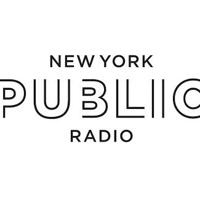I guess somebody needed to post this:

 radioinsight.com
radioinsight.com

New York Public Radio To Layoff 12% Of Its Staff - RadioInsight
New York Public Radio, the parent of Public News/Talkers 820 WNYC and 93.9 WNYC-FM New York, Classical 105.9 WQXR Newark NJ, the four station "New Jersey Public Radio" network, Gothamist.com, and the WNYC Studios podcast and syndication arm, will layoff 12 percent of its staff. In a memo shared...
 radioinsight.com
radioinsight.com


